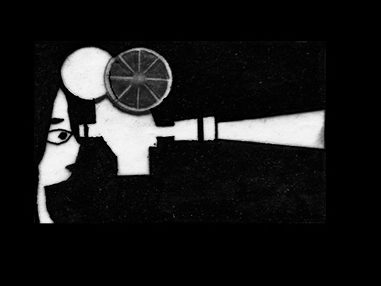MAMA by Or Sinai: Exile in the Feminine, Between Erasure and Rebirth
MAMA, directed by Or Sinai and presented at Cannes this year, disrupts the codes of social cinema through an intimate, sensory approach to feminine exile.
What if exile were not just a displacement, but a metamorphosis?
Or Sinai films absence, boundaries, and in-betweenness to reveal the invisible stories of thousands of migrant women. Through Mila, a Polish immigrant in Israel, the director explores family silences, the intimate cost of sacrifice, and the muted violence of a society that relegates its heroines to the margins.
MAMA at the Cannes Film Festival: An International Journey
MAMA was selected for the Directors’ Fortnight at the 2025 Cannes Film Festival. This recognition propels Or Sinai onto the international stage. Co-produced by IIsrael, Poland, and Italy, the film is already circulating in numerous festivals, making a strong impression with its fresh take on female migration.
In Israel, the press has praised the film’s original perspective; in Poland and Italy, it has captivated audiences with its nuanced portrayal of women and its universal resonance.
Film Synopsis: Mila, Between Two Worlds
Mila left Poland fifteen years ago to work as a housekeeper in Israel. Invisible in her daily life, she lives in the basement of a wealthy family. An accident brings her back to her rural hometown. She discovers her family has rebuilt itself without her. Her return heals nothing: Mila must face the strangeness of her own home, try to reclaim her place, and confront the difficulty of existing between two worlds.
Or Sinai: A Personal Story
The film draws its strength from the director’s own biography. As a child, Or Sinai witnessed a foreign caregiver enter her home. This experience inspired Mama: it is not only about denouncing injustice, but about giving flesh to the construction of “in-between” identities, belonging neither here nor there.
Mila, the central character, embodies the worker, the mother, the lover, the desiring woman—never reduced to a single role.
Female Body and Resistance
The film’s power lies in its way of filming the reappropriation of the body. The camera follows Mila’s gestures: cleaning, fatigue, desire, and return. Mila refuses to be confined to servitude. Through her clothing choices, her silences, her bursts of emotion, she tries to invent herself, to preserve her dignity, to negotiate her own rules—even within a limited space.
Evgenia Dodina delivers a subtle performance, oscillating between weariness and pride.
Critique: Mama, Roma, and The Chambermaid
Or Sinai’s film enters into dialogue with Alfonso Cuarón’s Roma and Lila Avilés’s The Chambermaid. All three center on an invisible heroine, subjected to domestic labor but animated by the desire for dignity.
In Roma, Cleo faces trials with silent strength. In The Chambermaid, Eve tries to exist beyond the routine imposed on her. Like Mila, these women allow themselves tenderness, love, self-affirmation. Their freedom remains fragile, but every gesture, every glance, bears the mark of resistance.
International Reception and Impact
Selected at Cannes and screened at many festivals, Mama has resonated especially in Israel, Poland, and Italy. The film speaks to anyone who has experienced migration, exile, or the need to reinvent oneself. It poses a key question about dignity: how does one remain true to oneself in a world that pushes toward erasure?
A Film to Discover
Mama is a rare film about exile, the body, and feminine metamorphosis. Or Sinai offers a universal cinematic gesture that invites us to see differently those left on the margins. A film to see, to discuss, to share.


